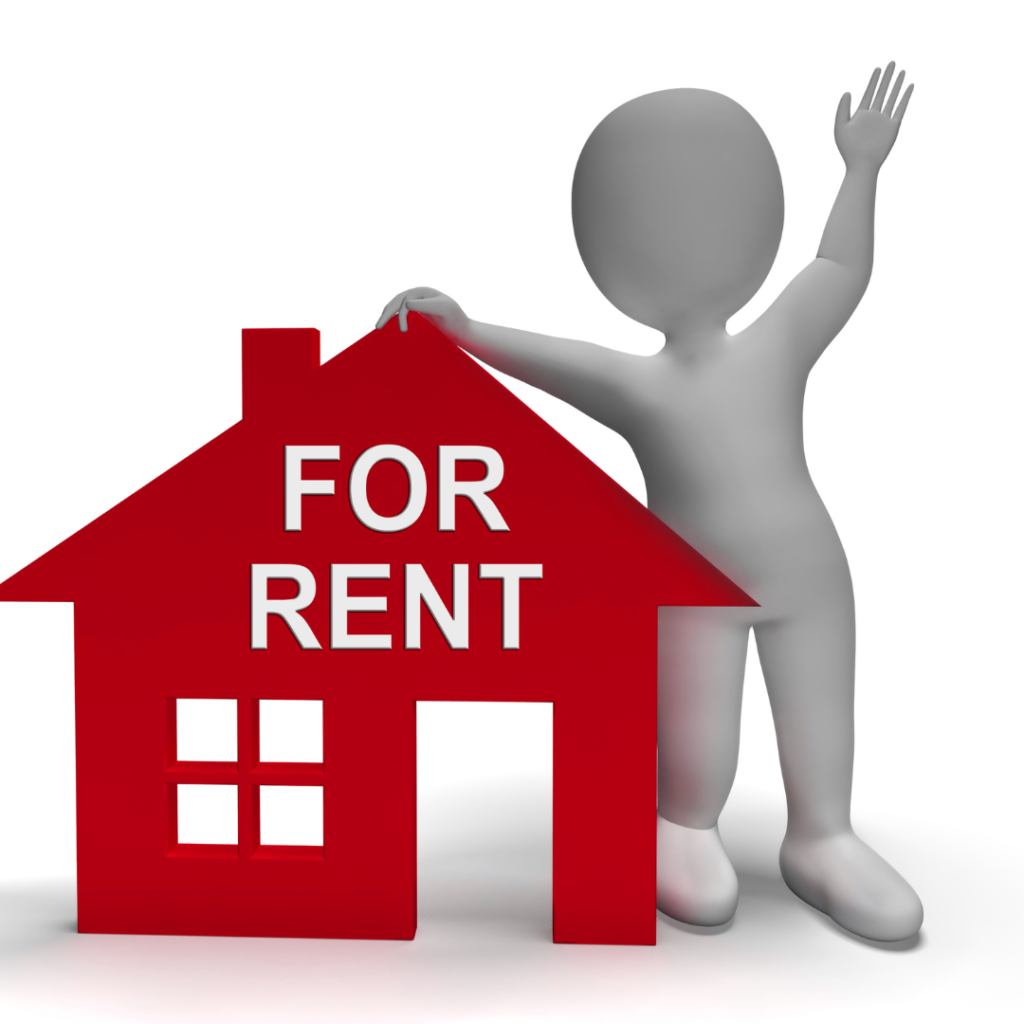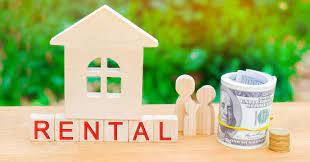Ideas to make your home what it needs to be

“Dr. Carl Sagan once wrote, “Somewhere, something incredible is waiting to be known.” Although Dr. Sagan was commenting on the wonders to be found in the vastness of outer space, there are also incredible design possibilities just waiting to be discovered right in your own home. Your home’s overall design represents a symphony. The individual design details are the musical notes you use to compose the melody and harmony for the symphony of your living space.
Your home should always bolster feelings of happiness, serenity, and comfort. Once you know a few simple rules, composing a home symphony that supports positive emotions and encourages joyful living is easy.
Begin composing your symphony by choosing the color of your walls. All of your home’s colors should harmonize, both inside and out. Once you’ve chosen your exterior colors, bring subtle shades of those same colors inside, using them as accents throughout your home. Harmonize your colors with ones you see in the natural world surrounding your house. Use colors that blend with the lighting from the natural environment and support a feeling of serenity and cheerfulness.
Next, add carefully-crafted lighting, an essential factor in all residential designs. Well-designed lighting is both a science and an art, and when used in conjunction with color, it sets the emotional atmosphere for the home. Too little light in a room can cause people to feel depressed, while rooms that are too bright can cause uneasy feelings.
Like the color of your walls, your lighting choices should also harmonize with the natural light surrounding your home. The amount of light should vary, just as in nature, to give rooms a more natural feel and evoke a sense of harmony and peace.
The next movement in your symphony involves the textures you employ throughout your home. Studies have shown that emotionally pleasing patterns based on nature encourage feelings of happiness and contentment. Undulating patterns and gentle swags lend an upbeat, natural texture to a room. In contrast, rooms with no designs feel boring because people are accustomed to the multitude of designs displayed by Mother Nature.
Many other design details in your home also come into play when creating your home symphonies, such as sounds, furnishings, and furniture arrangement. But regardless of which movement of your symphony you’re working on, always remember that balance is the key. And just like the combined elements of a symphony, your home must have some sections that promote quiet and rest–remember, it’s the vacant spaces between the notes that make the music.
Look at decorating your home as if you were creating a symphony in all its complexity and harmony. You’ll be able to make design decisions that are always in concert with your overall concept. If you continue to bear the complete work in mind, you’ll choose design elements that resonate harmoniously, and your home will make joyful music for all who enter.









